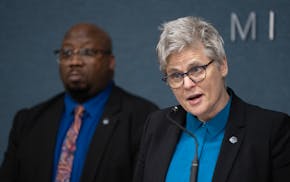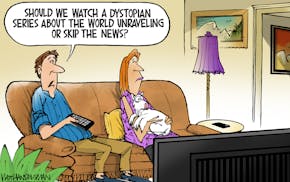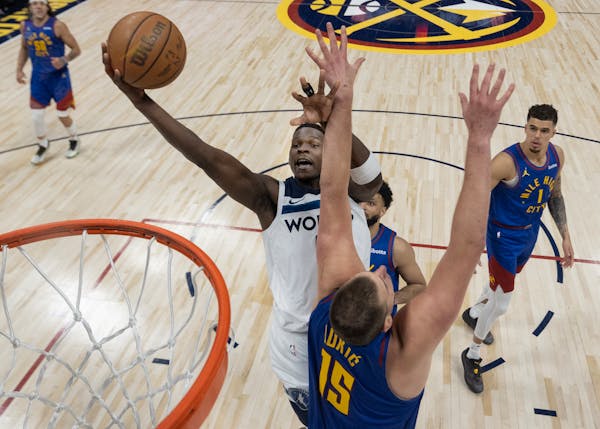Our first African-American president? Our first Mormon president? Our first female president? This year's presidential election is already an unprecedented affair, and we're only halfway through what has become a two-year ordeal. What's more, we may not be through with remarkable firsts -- or with a return to a political practice presumably buried decades ago. With Super Tuesday looming and tight races remaining, we could wind up with not one, but two, brokered conventions after spending all this time and money. If that happens, come 2012 Democrats and Republicans alike might be ready to dive back into those smoke-filled rooms of long ago. There was a time when presidential campaigns began in the January of the same year as the general election. Now that's just about the midpoint of what has become a near-marathon. So what happened? It's a direct result of the McGovern-Fraser reforms of the Democratic Party's delegate-selection process -- known for Sen. George McGovern and former Rep. Don Fraser, later mayor of Minneapolis -- and the bumper crop of primary elections that now crowd the political landscape and the election calendar.
Schemes for reforming the political process are endless. So are the unintended consequences that they generate. Gone are those smoke-filled rooms where party pros puffed and connived. Instead we have smoke-free halls where media types preen and preside.
Ironically, our own Hubert Humphrey is at least indirectly responsible for this questionable trade-off. It was his nomination at the chaotic 1968 Democratic convention in Chicago that prompted those McGovern-Fraser rules. How so?
Following President Lyndon Johnson's decision not to seek reelection, Vice President Humphrey was the default candidate of the Democratic machine. Who better symbolized that machine than Chicago's Mayor Richard J. Daley?
"Hizzoner" might well have gone for Bobby Kennedy, but never for Gene McCarthy. With Kennedy dead and McCarthy an impossibility, the party pros turned to HHH.
Never again, snorted antimachine Democrats as they left Chicago. Never again, they repeated after Humphrey lost to Nixon. Let the people, not the politicians, decide.
Three things have happened in the intervening four decades. And all of them are bad -- or at least far less than good.
The formal campaign season has doubled in length. The cost of competing has metastasized beyond belief. And the power-brokers are no longer the denizens of those clouded rooms, but the likes of Wolf Blitzer or Chris Matthews or anyone else anointed to host what passes for those preprimary candidate "debates." They set the tone; they frame the discussion; they pose the questions. And when it's all over, they tell us what happened.
Why not go back to the future the next time around? Why not scrap the whole money-driven, celebrity-driven, media-driven thing? I'd much rather have the original Mayor Daley playing power broker than, say, Jon Stewart or Oprah Winfrey.
Admittedly, the old system had its problems. Yes, it was the quintessential smoke-filled room that gave us Warren Harding in 1920. But think about this. Harding jokes and Harding scandals aside, a candidate that good-looking, empty-headed and affable would be a perfect fit for our current system. And that choice required little money, far less time, and at most one sleepless night.
OK, there remains that unhealthy matter of first- and second-hand you-know-what. A fair trade, it seems to me.
Chuck Chalberg teaches American history at Normandale Community College in Bloomington.

BWCA's future likely hinges on election
Saving the dinosaurs: Why there's a future for community newspapers
Readers Write: Gun storage laws, Uber and Lyft, 24/7 businesses, the pipe organ


